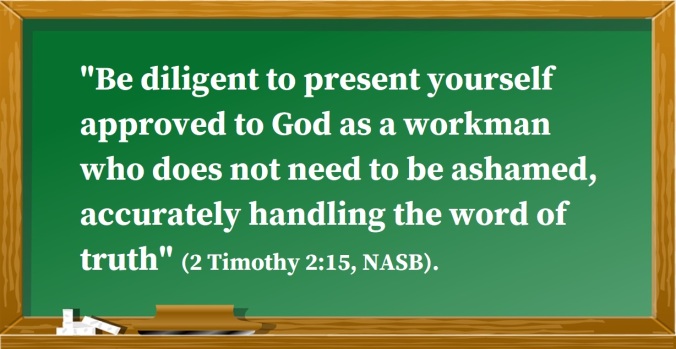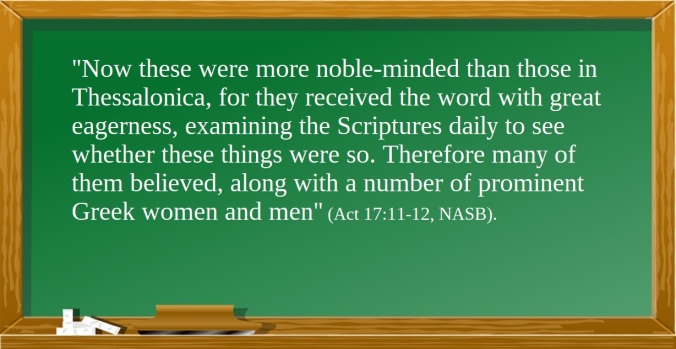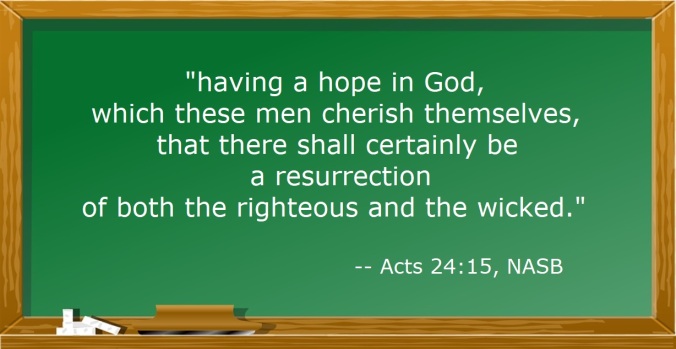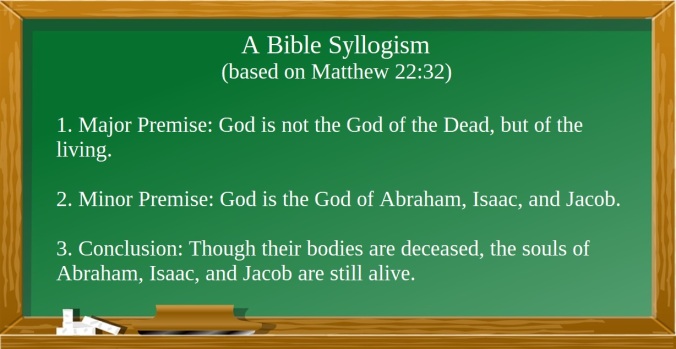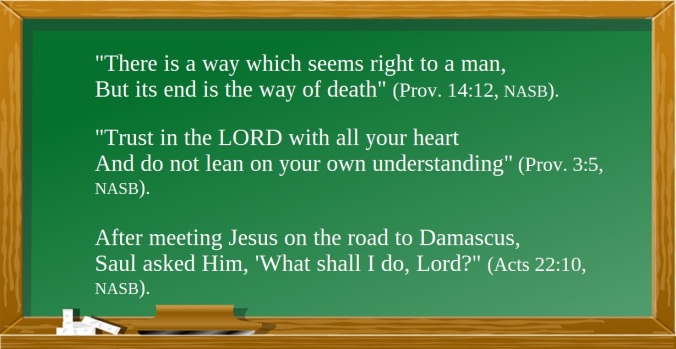“Go therefore and make disciples of all the nations…teaching them to observe all that I commanded you; and lo, I am with you always, even to the end of the age” (Matt. 28:19-20, NASB).
——————-
Contents:
1) What Does True Love Look Like? (Jay Dixon)
2) A Faithful Man Who Served God Above Many (Mike Johnson)
3) Amazing Design! (Greg Gwin)
——————-

-1-
What Does True Love Look Like?
Jay Dixon
“The fruit of the Spirit is love…” (Galatians 5:22).
What does the love spoken of in Galatians 5:22 look like?
This love manifests itself in various ways. One of those ways is when one is seen extending love toward their enemy.
“But I say unto you, Love your enemies, bless them that curse you, do good to them that hate you, and pray for them which despitefully use you, and persecute you…” (Matthew 5:44).
The typical reaction of the flesh is to respond according to the manner in which we have been treated. In other words if someone has cursed me, I must curse them back. If some hate me, I must hate them back. If someone uses me, I must seek revenge. If I am persecuted, if given the opportunity I must retaliate. On the other hand, if someone loves me and is kind to me then I must love them and be kind to them.
To love those who love us is not uncommon. There’s nothing exceptional about repaying love for love. Jesus says, “…if ye love them which love you, what reward have ye? Do not even the publicans the same? And if ye salute your brethren only, what do ye more than others?” (Matthew 5:46-47) This type of love is a love that is shared by both believers and unbelievers. This isn’t what true love looks like.
The love of Galatians 5:22 is seen when one is able to love their enemy as they do their neighbor. It is seen when one blesses those who curse them. It is seen when one does good to those who hate them and is able to pray for the one who spitefully uses and persecutes them.
Unlike loving those who love you, which Jesus says is seen even among the most despised of the world, loving one who hates you is something that stands out; it’s an action that’s unique and identifies one as walking in the spirit of GOD.
The result of one who practices this love:
“That ye may be the children of your Father which is in heaven…” (Matthew 5:47).
(Why?)
“…He makes His sun to rise on the evil and on the good and He sends His rain on the just and unjust” (Matthew 5:47).
“Therefore you shall be perfect just as your Father in heaven is perfect” (Matthew 5:48).
The Father extended the love spoken here in Matthew 5:44 and Galatians 5:22 to a world of sinners which includes you and me. He displayed this love by sending His son to be a sacrifice for our sins. Jesus Himself loved His enemies which were and are many. He loved those who literally and figuratively (You and I) nailed Him to the cross. He blessed those who cursed Him. He prayed for those who persecuted Him. Just before He was mocked and sarcastically summoned to come down off of the cross He said, “Father, forgive them; for they know not what they do” (Luke 24:34).
This is what true love looks like. Jesus is not asking us to love in a way that both He and Father did not do 1st and to its highest degree. (John 15:13, Romans 5:8)
If we are to be complete and genuine children of the Father in heaven, we must be willing to love those who curse, hate, despitefully use and persecute us. When we extend this kind of love we are demonstrating what true love looks like.
— Via Articles from The University church of Christ, Richmond, Kentucky
——————-

-2-
A Faithful Man Who Served God Above Many
Mike Johnson
The book of Nehemiah tells about the rebuilding of the walls of Jerusalem done by the Jews who returned from the Babylonian captivity. Nehemiah appointed Hanani, his brother, and Hananiah as rulers of Jerusalem after the walls were completed. It is interesting to note the statement made about Hananiah at this time. Nehemiah 7:2 says his appointment was because, “he was a faithful man, who feared God more than many.” No doubt, there were many in Jerusalem who feared God. Hananiah, however, was more serious in his devotion than most. We know very little information about this person, but this statement says a great deal.
When someone dies, good things are often said about their life – the person’s life is often summarized. Whether we had a lot of money, were an important civic leader, or whether we were highly regarded by the people of the world will matter little when the Judgment comes. If after we die, it could truly be said of us that we were faithful to God and we feared Him above many that would be the most important statement made about us that could be said. The only matter of importance then will be whether we were in a proper relationship with God. Does the statement made about Hananiah summarize our lives today? Are we faithful to God, and do we fear Him more than many?
— Via The Elon Challenger (Vol. 17, No. 1, September 2019)
——————-

-3-
Amazing Design!
Greg Gwin
Birds and bats, bees and butterflies – these are but a few of earth’s creatures that possess extraordinary navigational skills. How does a bird know the proper route to follow on its migrations north and south? How can a bee find its way back to the hive — and then return again with other helpers to the nectar-rich flower patch just discovered? Such accomplishments have long puzzled the scientists that study such things.
An article in National Geographic describes research that has been undertaken to discover the answer to these mysteries. The conclusions are amazing. Birds, for instance, have been shown to “use the sun as a compass together with an internal clock that compensates for the sun’s changing position in the sky.” And then there are the honeybees which “employ special cells in their compound eyes to recognize patterns of polarized light which enables them to determine the location of the sun, even if it is obscured by clouds.” Desert ants, we are told, can tell distances by counting steps from one location to another. Spawning salmon travel thousands of miles to return to the very section of river where they were born. Scientists agree that they “locate home streams by smell… imprinting on the odors from soil and vegetation.” Other fish navigate in murky water by generating an electric field and then sensing their “environment through fluctuations in the electric current.” Some insects are known to determine direction and location by sensing “magnetic fields through specialized photo-receptors in their eyes.”
All of this staggers the imagination. The complexities of nature are incredible. But even more amazing is the fact that there are so many people who believe that this all came about by random chance as living creatures evolved from lower life forms. How can it be so? Who can believe it? Faith in a living, all-powerful God is a much more reasonable explanation. Think about it!
— Via The Beacon, August 25, 2019
——————-
Psalm 107:23-24
“Those who go down to the sea in ships,
Who do business on great waters;
They have seen the works of the LORD,
And His wonders in the deep” (Psalm 107:23-24, NASB).
——————-
The Steps That Lead to Eternal Salvation
1) Hear the gospel, for that is how faith comes (Rom. 10:17; John 20:30-31).
2) Believe in the deity of Christ (John 8:24; John 3:18).
3) Repent of sins (Luke 13:5; Acts 17:30).
4) Confess faith in Christ (Rom. 10:9-10; Acts 8:36-38).
5) Be baptized in water for the remission of sins (Mark 16:16; Acts 2:38; 22:16; Rom. 6:3-4; Gal. 3:26-27; 1 Pet. 3:21).
6) Continue in the faith, living for the Lord; for, if not, salvation can be lost (Heb. 10:36-39; Rev. 2:10; 2 Pet. 2:20-22).
——————–
Tebeau Street
CHURCH OF CHRIST
1402 Tebeau Street, Waycross, GA 31501
Sunday services: 9:00 a.m. (Bible class); 10 a.m. & 5 p.m. (worship)
Wednesday: 7 p.m. (Bible class)
evangelist/editor: Tom Edwards (912) 281-9917
Tom@ThomasTEdwards.com
http://thomastedwards.com/go (Older version of Gospel Observer website without pictures, but back to March 1990)
http://tebeaustreetchurchofchrist.org/
http://ThomasTEdwards.com/audioser.html (audio sermons)
